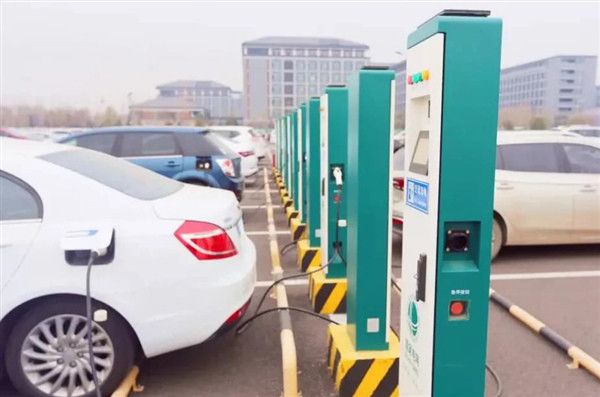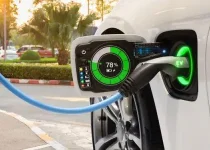Are there different types of charging stations for electric vehicles?

Yes, there are different types of charging stations for electric vehicles (EVs), which can be broadly classified into three levels based on their power output and charging speed. Each level is suitable for different use cases and charging needs:
- Level 1 charging: Level 1 charging stations use a standard household outlet (110-120 volts) and typically provide between 2 to 5 miles (3 to 8 km) of range per hour of charging. This type of charging is the slowest and is more suitable for overnight charging or topping up the battery at home. Level 1 charging requires an EVSE (Electric Vehicle Supply Equipment) cable, which connects the vehicle to the outlet.
- Level 2 charging: Level 2 charging stations use a dedicated 240-volt circuit, similar to those used by electric appliances like ovens and dryers. They can deliver between 10 to 60 miles (16 to 97 km) of range per hour of charging, depending on the power rating. Level 2 charging is faster than Level 1 and is suitable for home, workplace, or public charging. These stations require dedicated charging equipment and typically use the SAE J1772 connector in North America or the Type 2 (Mennekes) connector in Europe.
- DC fast charging: Also known as Level 3 charging or rapid charging, DC fast charging stations provide a high-power direct current (DC) supply, which can charge an EV’s battery much faster than Level 1 or Level 2 charging. These stations can recharge a battery up to 80% in as little as 20 to 30 minutes, depending on the vehicle’s capabilities and the charging station’s power output. Common DC fast charging standards include CCS (Combined Charging System), CHAdeMO, and Tesla Superchargers. It’s important to note that not all EVs are compatible with DC fast charging, and compatibility depends on the vehicle’s charging system and the type of connector.
In addition to these three main types of charging stations, there are also variations in connectors and charging standards based on geographical regions and vehicle manufacturers. It’s essential to choose a charging station compatible with your EV’s charging system and connector type.


